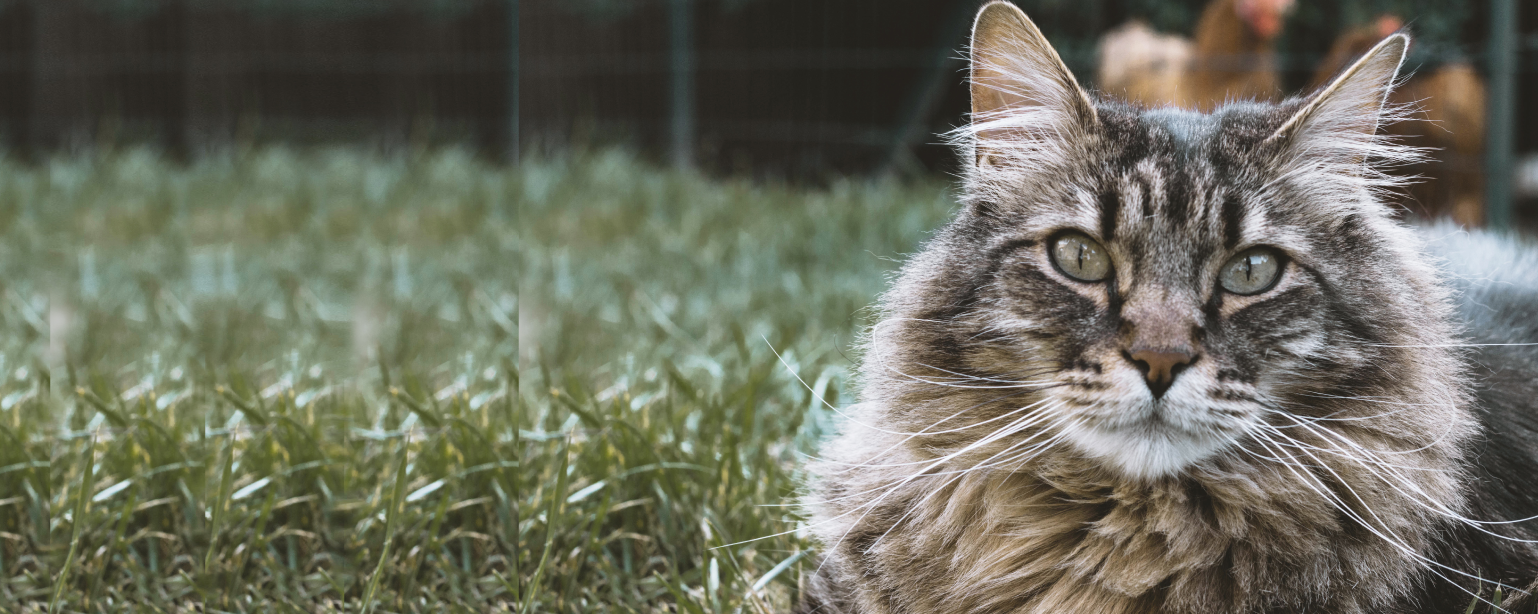Information for pet owners


Our microchips are guaranteed for life
With our standard microchips at 12mm x 2mm, they’re not much bigger than a grain of rice and coated with an advanced polymer (Parylene C), designed to react with the animal’s body to ‘bond’ them in place. A quick scan with a handheld device reads the chip and finds your contact details, so you and your pet are reunited very quickly.
At 8mm x 1.4mm, our mini-chips are even smaller! Due to their reduced size they have a smaller antenna, therefore a reduced read range and so we recommend they are only implanted into miniature breeds and small species with an expected adult weight of less than 10kg.
Microchips require no batteries as they use passive RFID (Radio Frequency Identification Device) technology, which means they are activated by a radio signal emitted from a scanner. Pet-ID microchips work instantly, are biocompatible, impermeable, chemically stable and remain operative for the lifetime of your pet.
Microchipping your pet
For dogs, cats, rabbits and ferrets, microchips are inserted via an injection between the shoulder blades, just below the surface of the skin. The injection needle is designed in such a way that the animal experiences virtually no discomfort. In fact, using our needles, most animals don’t feel a thing.
What is a microchip scanner?
Microchip scanners are small handheld devices used by animal welfare professionals to identify your pet. Scanners transmit and receive using the radio frequencies of microchips and display the pet’s unique microchip number on the scanner’s screen.
Even though they have a lifetime guarantee, we recommend you have your pet’s microchip scanned regularly and check your registration details are up to date. It’s easy to do this during annual check-ups and vaccinations.

Pet-ID Microchips ensures that all animal welfare professionals using our products are qualified implanters
